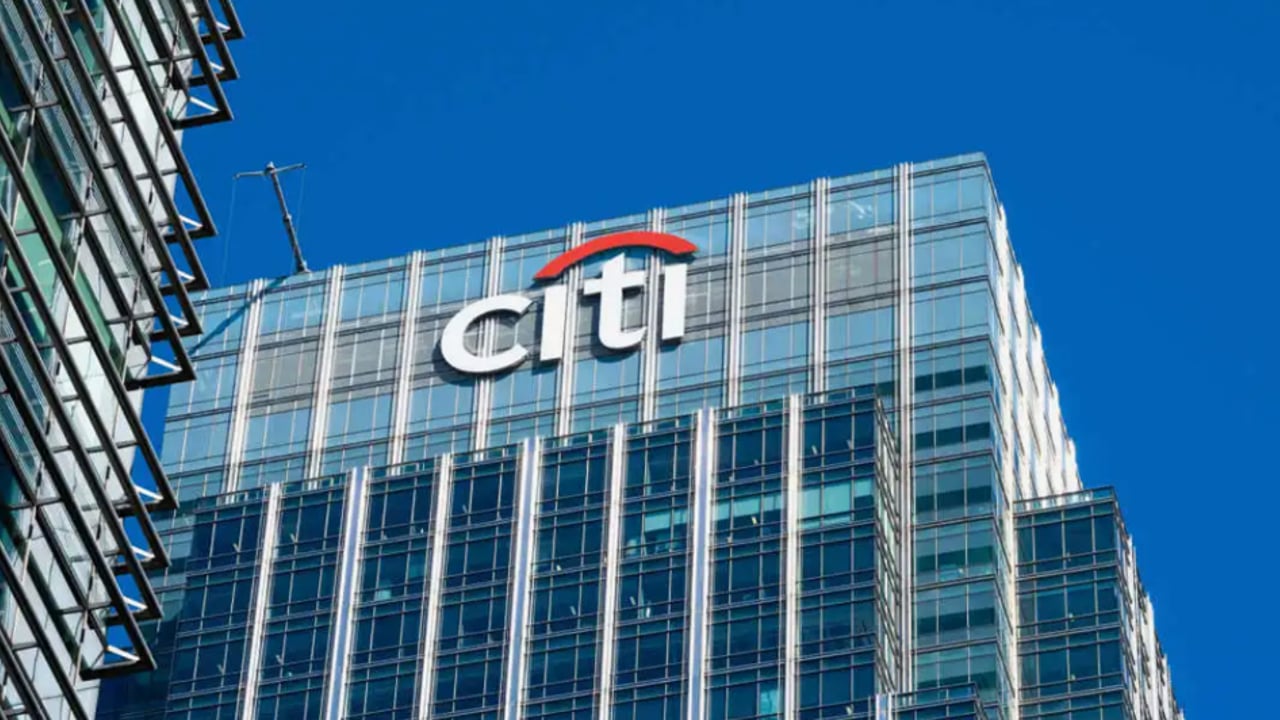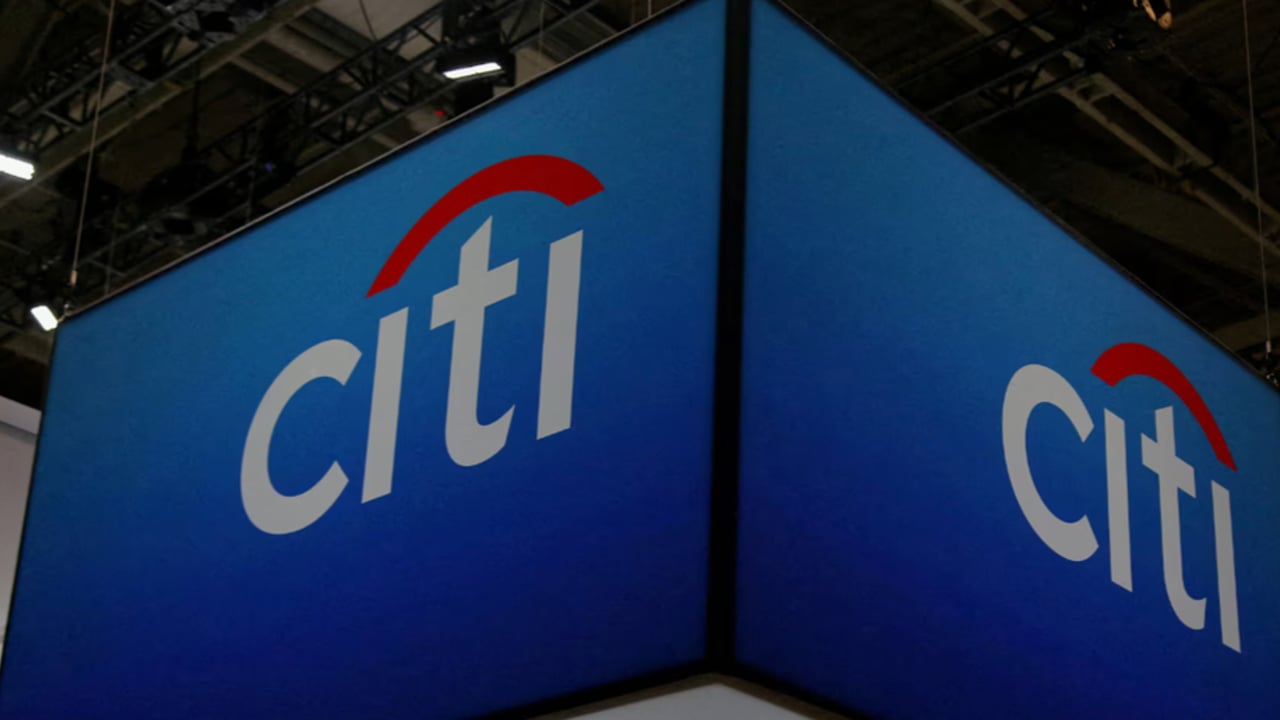Reduction of Executive Bonuses at Citigroup in 2024
In recent years, financial institutions have encountered new challenges regarding risk management and compliance with regulatory requirements. In this context, Citigroup has taken a step that highlights the importance of these aspects for ensuring the bank's stability in the financial market. Analyzing changes in the structure of executive bonuses reveals how the bank is adapting to new realities.
Changes in Bonus Payments
In its report published on Tuesday, Citigroup noted that executive bonuses for 2024 were lower than in previous years. This reduction is attributed to the necessity of adhering to recommendations from regulatory bodies regarding the bank’s recovery and improved risk management. This decision underscores the growing significance of accountability within the financial sector and the need for transparency in decision-making.
- Bonuses were awarded to members of the executive committee.
- Payments included 250 senior managers whose contributions were pivotal to reform efforts.

Regulatory Requirements and Their Impact on Bonuses
Regulatory agencies, such as the Federal Reserve and the Office of the Comptroller of the Currency, emphasize the need for changes in risk management practices due to market volatility and increasing demands on financial institutions. As a result, the following requirements have been established for top executives:
1. Submission of reports on the execution of risk management strategies.
2. Assessment of internal control mechanisms.
3. The necessity of conducting regular audits and adjustments to business processes.
CEO and Bonus Structure
It is noteworthy that CEO Jane Fraser is not among those who received bonuses. This decision may indicate a more stringent approach to compensation at the highest levels of management. In this context, it is crucial to monitor the changes in bonus structures across various financial institutions, especially in conditions of market instability.

Conclusion
The reduction of bonuses for executives at Citigroup serves as evidence of how regulatory oversight and managerial responsibility influence the financial sector. It also highlights the importance of adhering to standards and norms necessary for maintaining long-term stability within the bank. Leading financial institutions like Citigroup must adapt to regulatory demands to ensure resilience and trust from customers and investors.



Citigroup's focus on executive bonuses as a risk management tool shows a proactive approach to navigating today's complex regulatory landscape.
Citigroup's adjustments to executive bonuses reflect a proactive approach to navigating today's regulatory landscape.